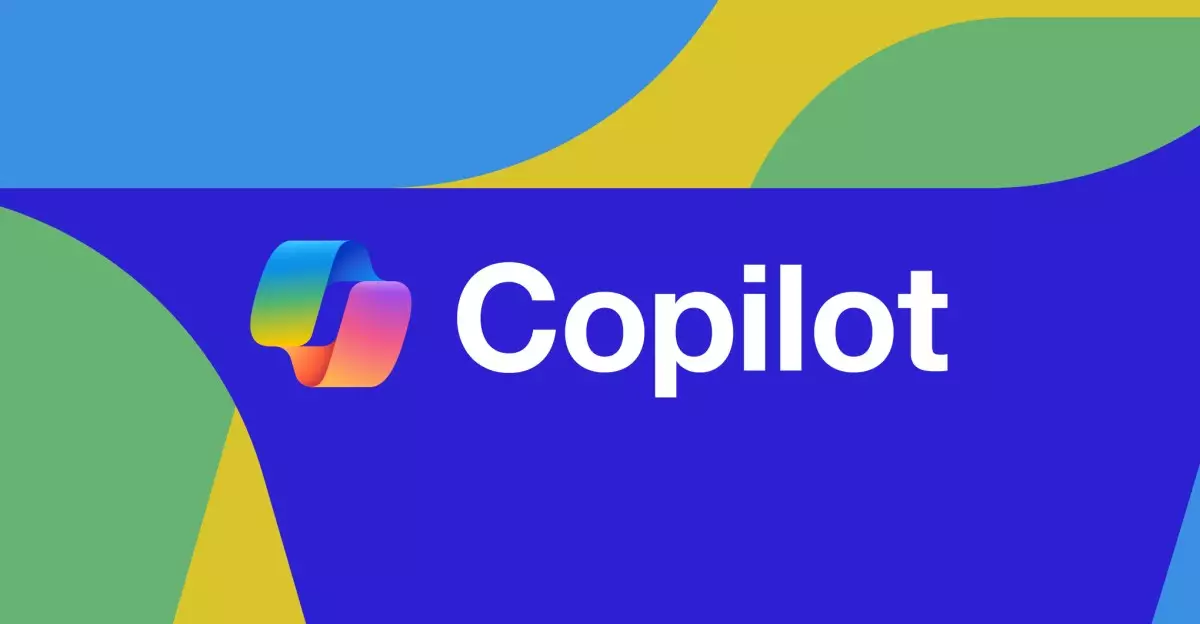In an age where technology integrates seamlessly into our daily lives, Microsoft is taking a giant leap forward with the latest iteration of its AI assistant, Copilot. Aligning itself closer to powerful models such as ChatGPT and Claude, Copilot marks its 50th anniversary not merely by celebrating its past but by significantly enhancing its features to deliver a more personalized experience. By incorporating memory capabilities, users can expect tailored interactions that remember preferences, interests, and even birthdays. This personalization doesn’t just create a more user-friendly experience; it fundamentally shifts the dynamic between machines and humans, making technology feel more like a companion rather than a tool.
The implications of memory in AI assistants are profound. Imagine a tool that recognizes when you’re feeling overwhelmed with tasks and proactively suggests actions or breaks. Microsoft’s Copilot aspires to achieve this level of understanding, challenging the status quo of impersonal AI by engaging on a more human level. As Mustafa Suleyman, the CEO of Microsoft AI, asserts, “Copilot is more than an AI; it’s yours.” This declaration resonates deeply, as individuals seek authenticity and relatability in their digital interactions.
Expanding Functionalities: Web Actions and Beyond
However, personalization alone is not enough to keep up with rapidly evolving technology. Recognizing this, Microsoft has enriched Copilot with robust functional capabilities. One particularly innovative feature is its web action capability. Imagine telling your AI assistant to book a table at your favorite restaurant or find discounted tickets for a local show. With Copilot’s new abilities, this is not merely a dream—it’s now a practical possibility. Powered by increasingly sophisticated machine learning models, it promises to redefine the way users interact with online services.
This development positions Copilot in a unique niche, as it begins to blur the lines between a simple assistant and a full-fledged digital concierge. By enabling deep web actions, Microsoft is not just enhancing productivity; it’s pushing towards a more immersive user experience. Such a paradigm shift could lead to new standards in efficient task management, encouraging individuals to explore the true potential of their time-saving technologies.
The Visionary Tech: Copilot Vision and Deep Research
A noteworthy extension to Copilot’s available features includes what is known as Copilot Vision. Officially expanding from its initial debut on the web platform to Windows and mobile devices, this feature enables the assistant to analyze content both on-screen and in photographs. Visual responsiveness elevates the AI’s utility, allowing it to interact more dynamically based on what users are currently focused on. For students, professionals, and creatives alike, this could foster an entirely new way of brainstorming, collaborating, or conducting research.
Furthermore, the introduction of Deep Research transforms Copilot into a formidable ally for complex projects. By analyzing vast numbers of documents and digital resources, Copilot assists in building deeper insights that would otherwise get mired in traditional research methods. The integration with Bing for AI-powered responses exemplifies how Microsoft aims to ensure that valuable information is not only more accessible but also comprehensible in a user-friendly format. It’s this harmonization of search capabilities with AI that may establish a new level of efficiency in information retrieval.
Podcast Creation: Redefining Content Generation
Perhaps one of the most groundbreaking enhancements is the podcast creation feature, where Copilot can generate audio explanations on various topics. This capability positions the AI assistant as not just a passive information source but an active content creator. The implications here extend beyond simple convenience; they open up avenues for educational content and creative expression. Individuals can potentially harness this technology to explore ideas dynamically—allowing for creativity that evolves on demand.
Overall, the future of AI assists is not just about enhancing actions; it’s about crafting experiences. With features like Copilot Pages, which consolidates notes into an organized framework, Microsoft is committed to ensuring that information management becomes as intuitive as conversation itself. Each new tool and enhancement represents a commitment to user-centric designs that prioritize personal engagement and professional empowerment.
As Microsoft rolls out these innovative features, it is clear that Copilot is not just keeping pace with the competition; it is setting the pace. By continually investing in personalization, functionality, and content generation, Microsoft is crafting an AI assistant that does not merely serve; it empowers.

